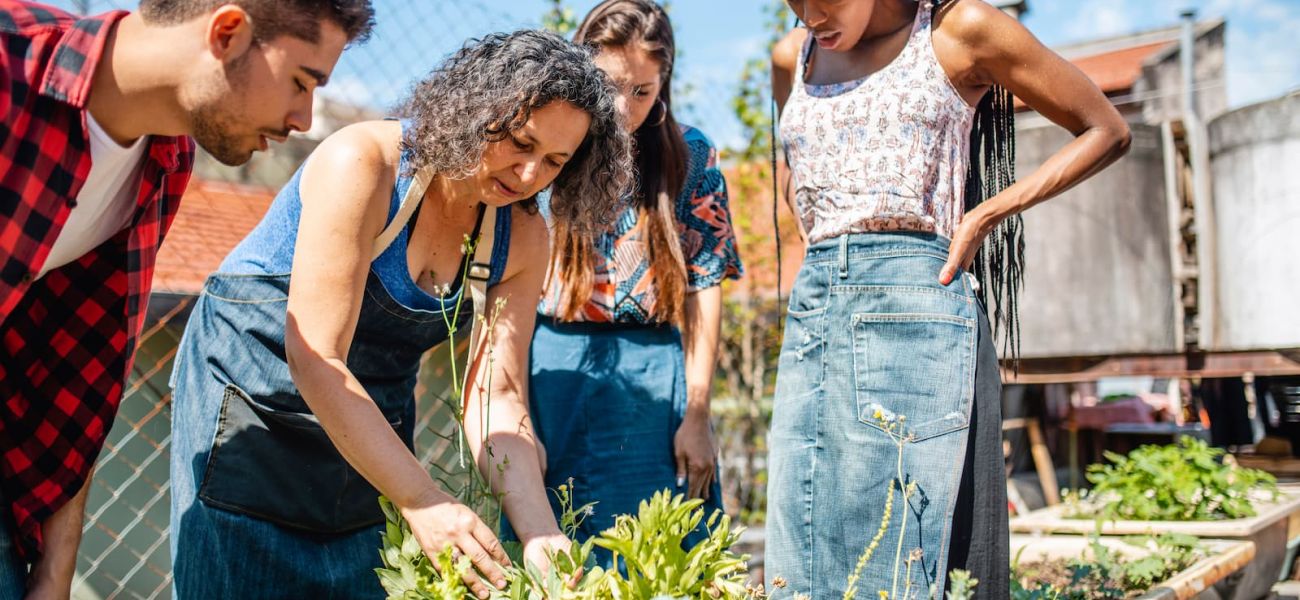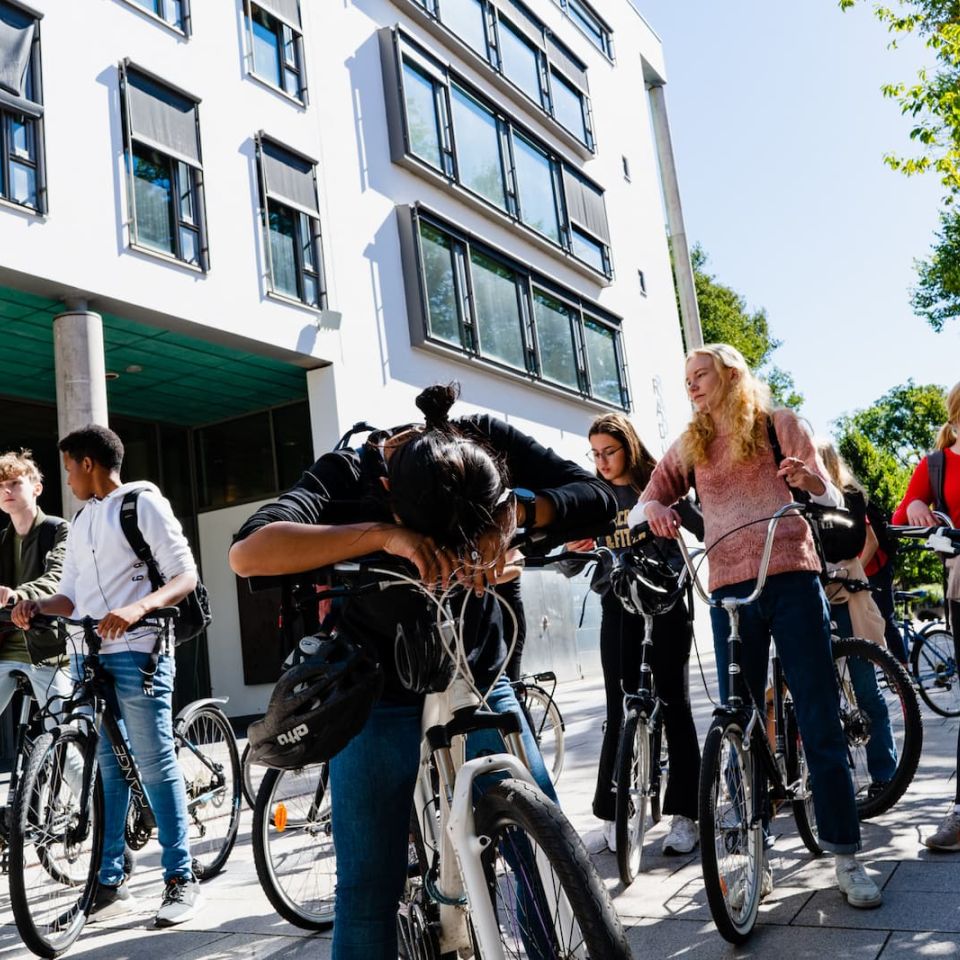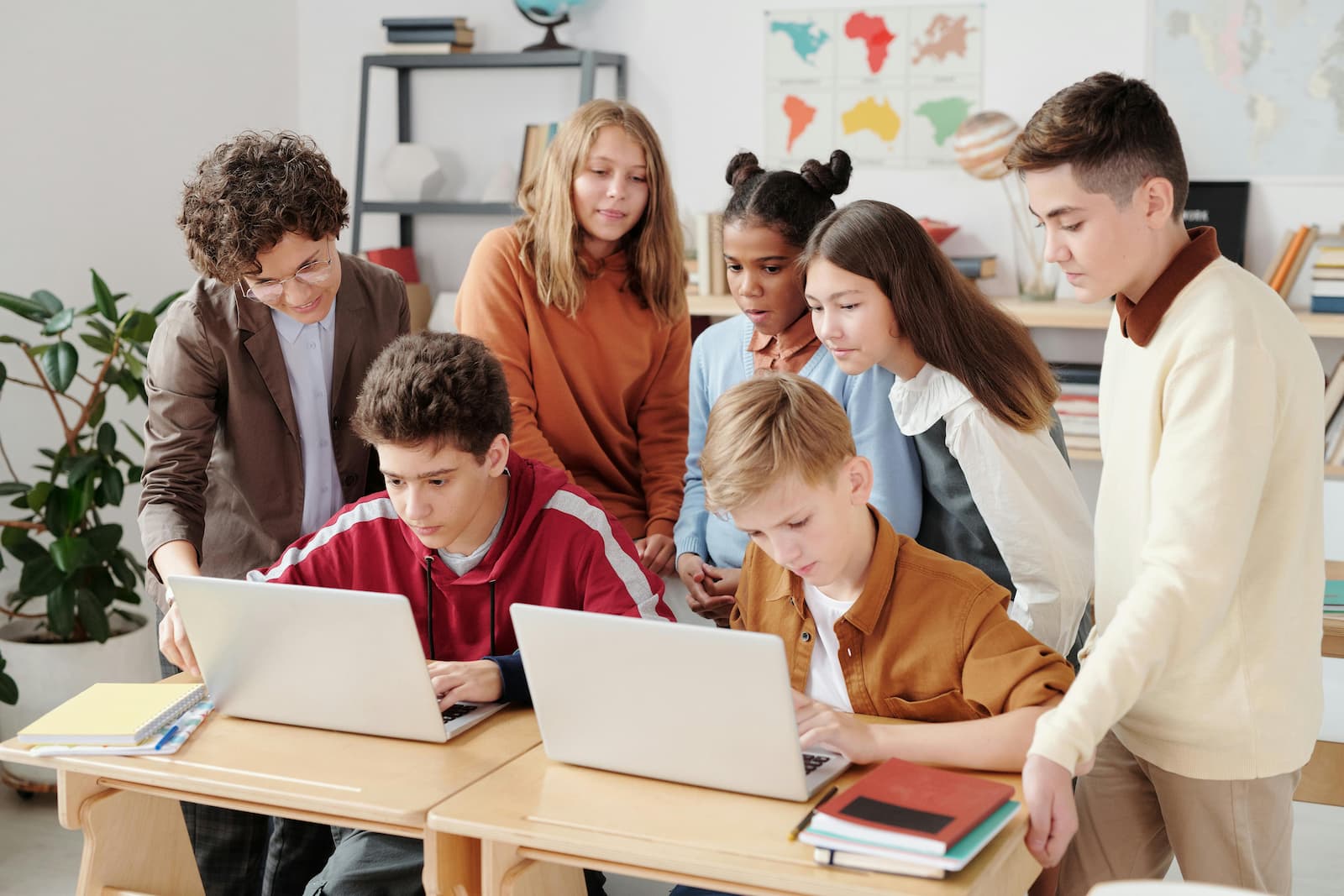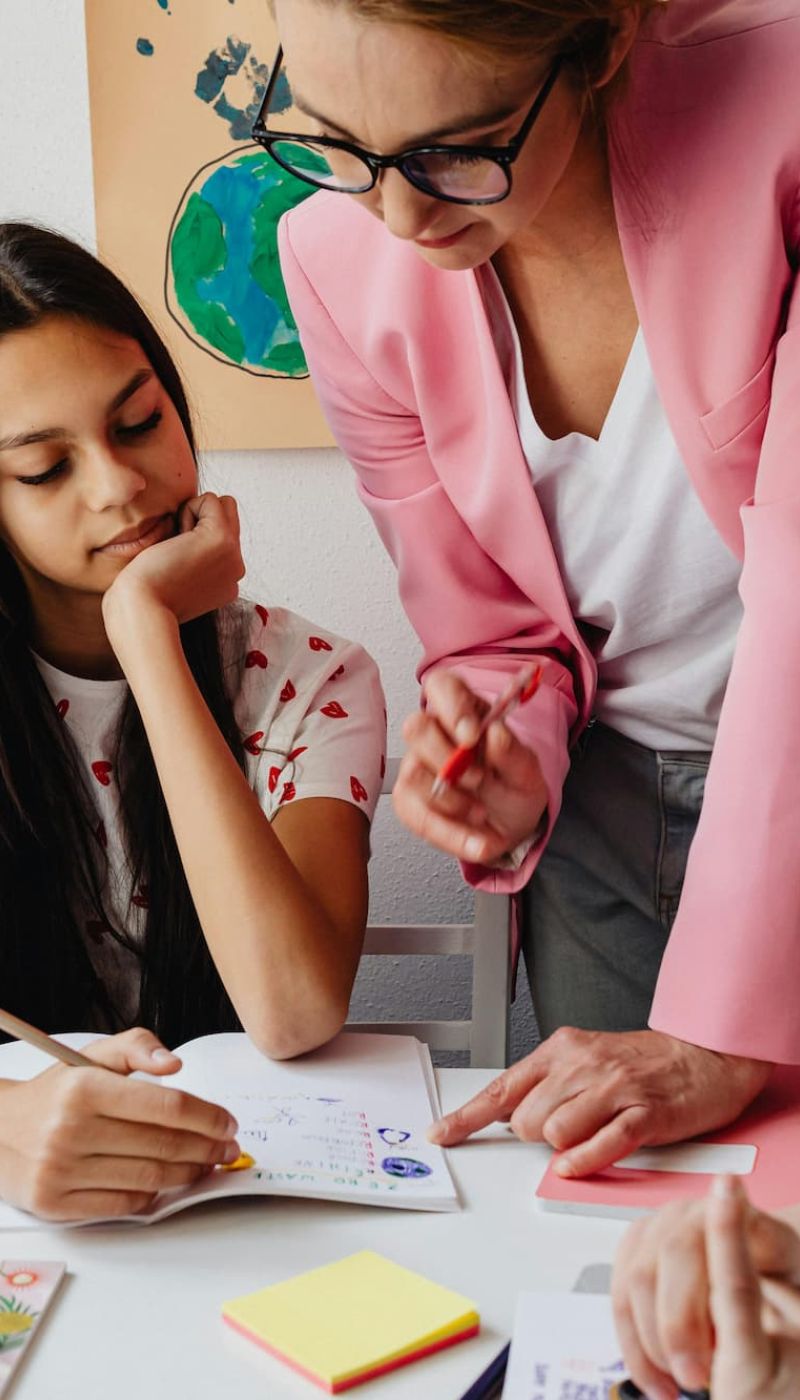
The Academy
The FEDORAS Academy is not a single place or platform. It is a network of schools, researchers, teacher educators, and communities working together to reimagine teacher education from the ground up.
The Academy supports educators in co-creating new approaches to teaching and learning, approaches that are rooted in real contexts, guided by research, and shaped by collaboration.
It does this through four key components:
- Open Schooling Networks (OSNs)
- ChangeLabs
- Mobility and exchange
- A timeline of learning and action
Each component is designed to foster experimentation, connection, and deep change within and across educational institutions.
…
Open Schooling Networks (OSNs)
The Academy is anchored in five Open Schooling Networks, they are regional clusters that bring together secondary schools, universities, teacher educators, students, and local actors.
These networks serve as living laboratories where innovation happens in context. Teachers and researchers collaborate to test ideas, develop resources, and reflect on what works. Each Open Schooling Network is shaped by its local educational ecosystem, yet connected to the wider European effort.

The Academy is anchored in five Open Schooling Network hubs, Greece, Finland, Italy, Norway, and Spain and will operate with additional support from Lithuania.

FINLAND – Open Schooling Network
The Helsinki Open Schooling Network (HOSN) is a new network of science teachers to be launched in September 2025. HOSN consists of a range of teachers from various schools, disciplines and backgrounds, members of school management, members of the National Agency for Education, and facilitators and researchers from FEDORAS. The driving questions of HOSN are the following: What transformations are needed in science education to respond to the challenges of the sustainability polycrisis and the accelerating pace of societal change? What is the role of natural sciences and science teaching in these complex processes? We examine these themes through issues of futures, sustainability, technology and through a postmodern lens.

GREECE – Open Schooling Network
The Greek Open Schooling Network (OSN) is a dynamic initiative that connects secondary and pre-service STEM teachers with a diverse range of out-of-school stakeholders—including research centers, science museums, NGOs focused on future-oriented topics, and educational policymakers. Building on the valuable experience gained from previous research projects, the Greek OSN aims to foster a collaborative and innovative ecosystem for STEM education. Through this network, educators explore how advanced STEM topics, such as climate change and nanotechnology, and interdisciplinarity can be meaningfully integrated into school curricula. The OSN supports the development of sustainability competences and encourages teachers and students alike to become informed, empowered agents of change in their communities and beyond.

ITALY – Open Schooling Network
The Italian Open Schooling Network is based on two hubs (Bologna and Milan). The network builds on several projects and links schools (Lyceums, Technical and Vocational schools), universities and societal actors through interdisciplinary activities that combine epistemological scientific inquiry with futures thinking and creative problem-framing. Secondary school teachers of different disciplines (physics, mathematics, science, art, philosophy, history, Italian literature, English, …) act as co-designers, supported by research-based training and joint reflection. The network operates as a living ecosystem—evolving through cycles of experimentation, shared meaning-making, and institutional engagement. The values on which the OSN is based lie in the continuity of relationships, the diversity of expertise, and a commitment to change rooted in local challenges but connected to global visions.

NORWAY – Open Schooling Network
The Norwegian network comprises three upper secondary schools and one lower secondary school, examining local real-life challenges such as the environmental crisis in the Oslofjord, which addresses biodiversity loss, pollution, and declining water quality. It also considers the environmental issue of microplastics and their effects on ecosystems and human health, along with the role of plastics in the economy and consumption. The network employs place development and collaboration with artists as means to create spaces for creativity, learning, and collaboration among local stakeholders, including enterprises, NGOs, and volunteer organisations. Future thinking skills are integrated into the teaching of interdisciplinary themes in the Norwegian curriculum, including Public Health and Life Skills, Democracy and Citizenship, and Sustainable Development. These themes aim to be incorporated with subject-specific competence goals while exploring future-oriented competences and complex sustainability issues.

SPAIN – Open Schooling Network
The Spanish Open Schooling Network in FEDORAS Academy brings together two upper secondary schools. Institut de Celrà, located in a semi-rural area near Girona, serves around 10,000 inhabitants across several municipalities. The school is embedded in a territory with both industrial and agricultural activity: chemical and meat-processing industries alongside the Ter river valley’s specialized plant nurseries. This mix offers strong opportunities for partnerships and locally relevant projects. Institut Salvador Sunyer i Aimeric, in Salt, was founded in 2004 and has since developed into a full secondary school with 300 students, offering compulsory education and vocational training in commercial activities. Since 2020, it has been engaged in a participatory process to build a permanent facility. As part of the Green Schools Network, it integrates sustainability into its curriculum through eco-projects, a student Green Commission, and the UN Sustainable Development Goals, fostering environmental awareness and community engagement.

Students exploring sustainability challenges through hands-on collaboration. Open Schooling activity, FEDORAS Academy


Students exploring sustainability challenges through hands-on collaboration. Open Schooling activity, FEDORAS Academy
…
Change Labs
Within each OSN, ChangeLabs offer structured environments where educators, researchers, and community members meet regularly to:
- Explore challenges in their schools
- Imagine new ways of teaching and learning
- Co-design and test innovative practices
- Reflect and adapt together
ChangeLabs are spaces for reflection, imagination, and co-creation, where insights turn into action. They are both practical and reflective, supporting deep professional learning and school transformation.
…
Mobility and exchange
The Academy includes opportunities for educators and researchers to travel, observe, and learn from one another across countries.
These exchanges strengthen relationships between networks, support cross-cultural learning, and allow for the sharing of tools and practices. Summer schools, site visits, and collaborative workshops are all part of this strand.
…
Timeline
The work of the Academy unfolds over time, moving through phases of exploration, co-creation, testing, and dissemination. It is a shared journey over three years. Each phase is supported by structured milestones, such as:
- Kick-off events and initial labs (Year 1)
- Development of tools and exchange (Year 2)
- Consolidation, sharing, and policy engagement (Year 3)
The FEDORAS Academy is not a finished model. It is a community in motion—growing, experimenting, and evolving with every ChangeLab, classroom dialogue, and cross-border exchange.
By connecting rigorous research with the lived experience of teachers and schools, the Academy offers a new path for teacher education: one that is participatory, responsive, and future-ready.